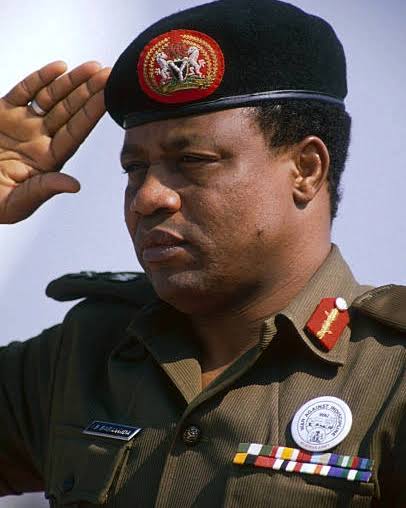
Former Nigerian Military Head of State, General Ibrahim Badamasi Babangida (IBB), has stated that his regime played a crucial role in promoting freedom of expression and media liberalisation in the country.
In his newly released autobiography, A Journey In Service, Babangida highlighted key policies implemented during his administration that encouraged private media ownership and strengthened democratic values through a vibrant press.
“Our media remains a source of strength and pride to all of us. While differences in information management may have existed, no one can deny that Nigeria’s robust media is a pillar of national strength,” he wrote.
Babangida noted that Nigeria’s democratic progress is partly attributed to the media’s role in upholding freedom of expression.
“Our credentials as a democratic nation are partly due to the media’s contribution to freedom of expression. In my little way, I am confident that my administration helped entrench this fundamental right.
“We not only liberalised media ownership but also demystified it, ensuring broader access and participation,” he added.
The former leader further stressed the impact of media engagement in national discourse and affirmed his continued accessibility to journalists even after leaving office.
“I am proud that our policies led to an explosion of talent and investment in the media sector. Today, the sheer number of radio stations, television networks, and online and print platforms is remarkable.
“In line with the famous Chinese saying, ‘Let a million flowers bloom,’ we created an environment where the media could thrive. Even in retirement, I have remained open to the press, granting interviews and engaging in the ongoing national debate.”

